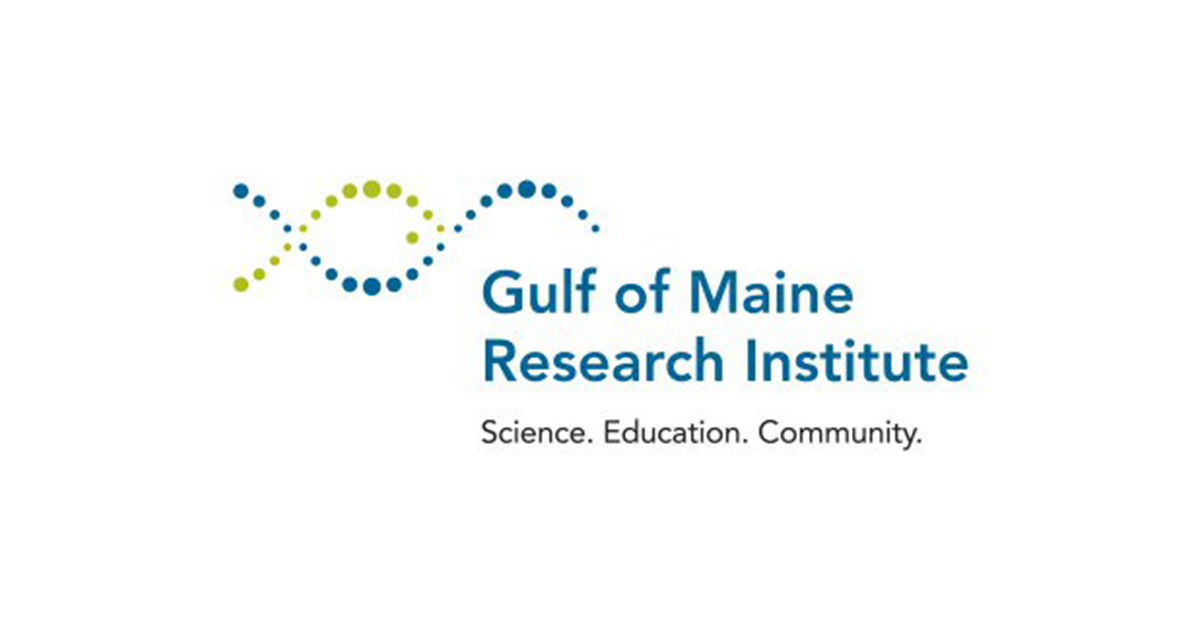The Gulf of Maine Research Institute (GMRI) develops and delivers collaborative solutions to global ocean challenges. We are dedicated to the resilience of the Gulf of Maine ecosystem and the communities that depend on it. To learn more, visit gmri.org.
The foremost global ocean challenge is climate change as it represents an existential threat to coastal communities as we know them. Through the work of GMRI’s Climate Center, we aim to empower coastal communities and businesses to thrive in a warmer world by leveraging climate action from the local to the global level. We do this through a user-centered science-engagement-solutions framework for delivering climate services to coastal and marine stakeholders.
GMRI is seeking applicants for a Coastal Hazards Research Technician to work under the supervision of Dr. Hannah Baranes, Coastal Hazards Postdoctoral Researcher in GMRI’s Climate Center, in a term-limited, 1-year position. The incumbent will join a rapidly growing Climate Center team that is working to integrate and elevate the climate-related work across the organization while charting new directions for us to provide climate services to coastal communities across the region. The incumbent will work collaboratively with Dr. Baranes and other GMRI staff, such as our Community Engagement Specialist and Municipal Climate Action Program Manager on the following two projects:
- Working waterfront flood risk analysis tool: As access points to the ocean, Maine’s working waterfronts are already grappling with more frequent flooding driven by sea level rise. With GMRI’s recent purchase of Union Wharf, a hub of Portland’s working waterfront that already floods periodically, we have an opportunity to develop a replicable and transferrable process for developing working waterfront sea level rise adaptation strategies. We have begun work on characterizing flood hazard and key utility and operations vulnerabilities on the wharf. The incumbent would further the analysis by developing a transferrable method that simultaneously considers flood risk, utility/infrastructure lifespan, and replacement cost to support near and long-term adaptation planning for Union Wharf and other working waterfronts throughout the region.
- Using water level and flood impact observations to support local adaptation: Near and long-term flood projections that combine local observations of water levels and flood impacts are foundational to adaptation. We have installed low-cost tide gauges and piloted flood impact community science programs in four coastal Maine communities, seeking to answer the following research questions: 1) What is the optimal location for a tide gauge to inform resilience planning at the municipal scale?; and 2) Can a well-structured community science program yield data that supports resilience activities and catalyzes community engagement, particularly among youth, with the process of flood adaptation? The incumbent will choose the elements of this multidisciplinary project they want to work on. Options include developing water level and flood impact data products; supporting local organizations in running community science programs; and supporting with the development and piloting of a middle and high school coastal flooding curriculum.
Responsibilities/Tasks:
- Develop an understanding of existing coastal flooding adaptation frameworks and the specific flood adaptation needs of working waterfronts in the Gulf of Maine.
- Contribute to development of a flood adaptation plan for Union Wharf, using a methodology that is transferrable to other regional working waterfront areas.
- Synthesize and share results in a scientific paper or report, web tool, workshop, and/or conference.
- Contribute to writing of research proposals to sustain the working waterfront flood risk analysis work.
- Contribute to coastal flooding community science, youth curriculum development, and/or technical data product development.
- Participate in project team meetings and workshops.
- Participate in program and GMRI staff meetings and activities.
Required Qualifications:
- Bachelor’s degree in a relevant discipline, such as geosciences, environmental science/policy, or economics.
- Working knowledge of sea level and coastal flooding science.
- Proficiency and data analysis experience in MATLAB, Python, and/or R.
- Strong written and oral communication skills, including experience with technical writing and oral science communication to a non-technical audience.
- Demonstrated ability to work independently and as part of a collaborate team.
- Eligible to work in the United States.





